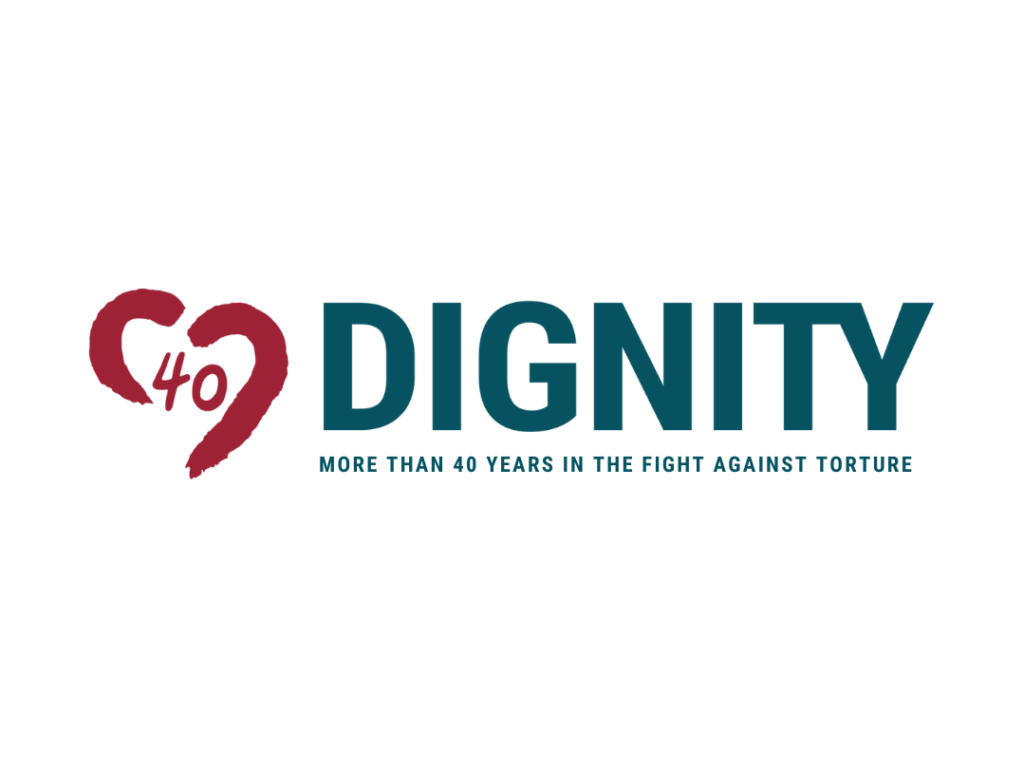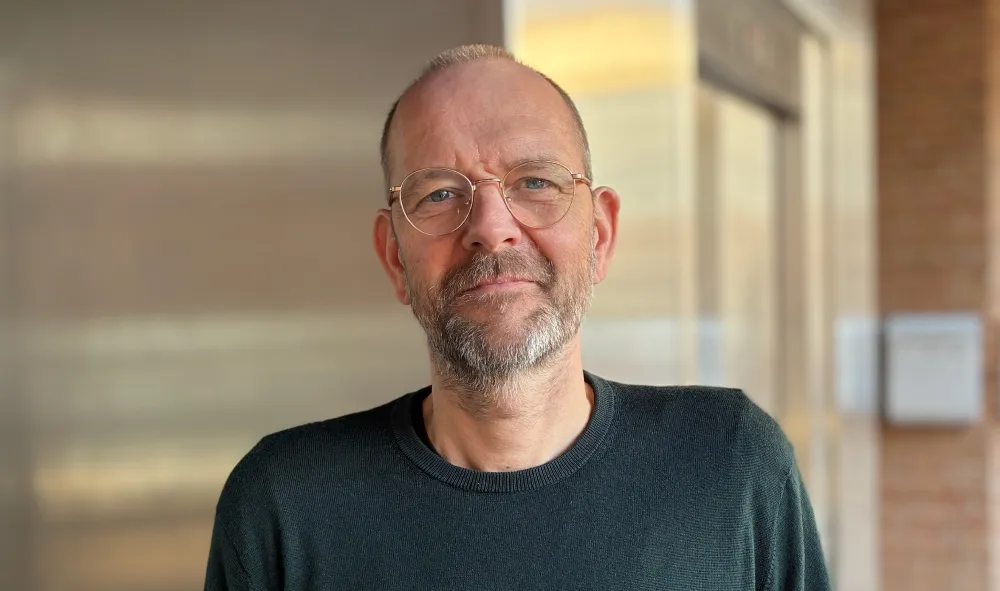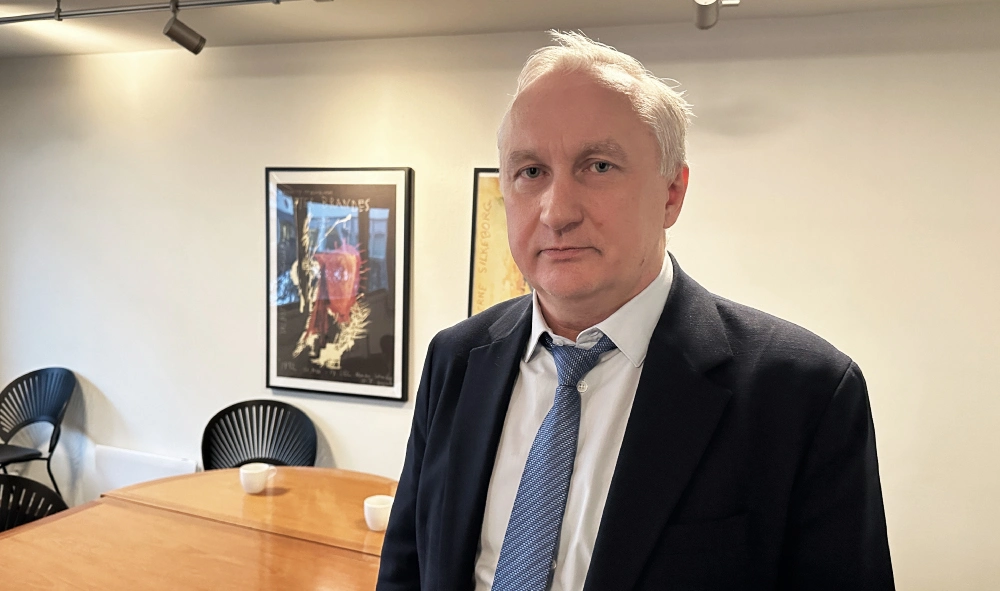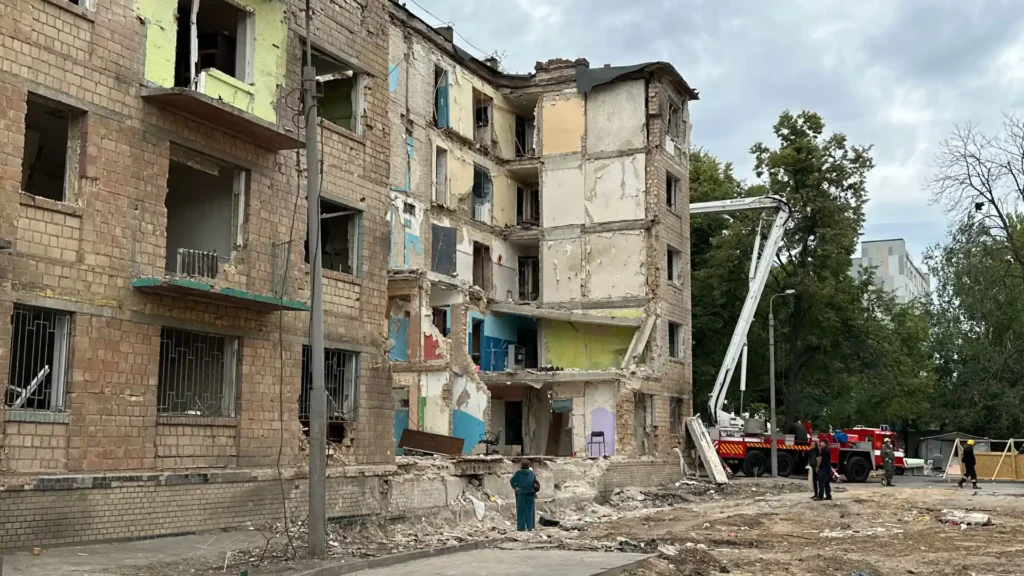Founded by four doctors on an October day in 1982, DIGNITY is now celebrating its 40th anniversary.
»In the fight against torture, we are stronger today than we were in 1982«, says DIGNITY CEO Rasmus Grue Christensen on DIGNITY’s 40th anniversary.
October 30th, 2022, marks exactly 40 years since four Danish doctors founded what was probably the world’s first rehabilitation centre for torture victims. It happened under the name Rehabilitation Centre for Torture Victims (RCT). Since 2012, the organization has been known as DIGNITY.
The organisation, which in 1982 started as a small rehabilitation centre in Copenhagen, is today an international development organisation with well over 100 employees at the Copenhagen headquarters and country offices in North Africa and the Middle East. DIGNITY collaborates with partners in more than 20 countries.
For the first several years of the organisation’s history, it was almost synonymous with the name of one of the four founders, the doctor Inge Genefke, who became the first head of RCT.
»Her fearlessness in the fight for the torture victims and against the torturers is inspiring and continues to be a benchmark for us«, says Rasmus Grue Christensen.
In the 1980s and 1990s, Inge Genefke succeeded in a unique way in mobilizing private and public funds as well as political support for the organisation. Among the many Danish and international recognitions, she received was the Right Livelihood Award (‘the alternative Nobel Prize’), which she and RCT received in 1988.
Taking stock of the past 40 years, Rasmus Grue Christensen points out that torture survivors today receive treatment for their physical and psychological injuries at specialized treatment centres in many countries around the world. When it comes to the prevention of torture worldwide, great progress has been made with, among other things, the adoption of the United Nations Convention against Torture, which entered into force in 1987 and has today been ratified by 173 states.
»Having said that, torture unfortunately still is a sad reality in well over half of the world’s countries. And there is a great risk that many of the advances in the area of torture may be rolled back as authoritarian regimes gain a foothold and undermine human rights in many countries these years«, says Rasmus Grue Christensen.
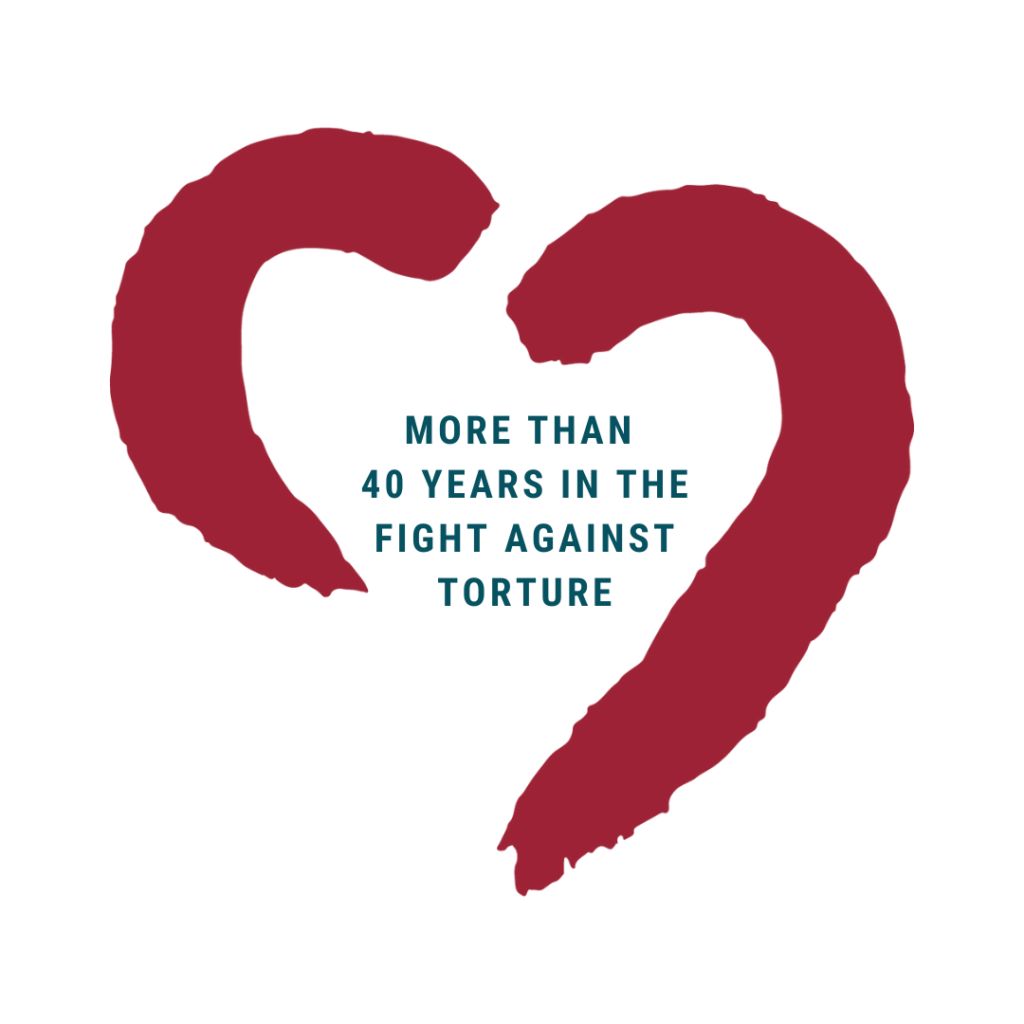
DIGNITY today
DIGNITY was founded on October 30th, 1982, in Copenhagen by a group of Danish doctors who were mandated by Amnesty International to establish what was probably the world’s first rehabilitation clinic for torture victims. At the time under the name Rehabilitation Centre for Torture Victims (RCT).
A very important part of DIGNITY continues to be our clinic, where traumatized refugees receive help from psychologists, doctors, physiotherapists, and social workers every day.
But today, DIGNITY, which has headquarters in Copenhagen and country offices in Jordan and Tunisia, is also many other things. With support from, among others, the Danish Ministry of Foreign Affairs and the EU, DIGNITY carries out work in + 20 countries, not least in the Middle East and Africa. DIGNITY’s international work includes both support for non-governmental organisations and – in some countries – cooperation with authorities. We work to prevent torture and other human rights violations and to rehabilitate traumatized victims.
In 2021, we founded the International Accountability Platform for Belarus (IAPB), in which DIGNITY is at the lead of a group of organisations working together to collect and secure documentation of serious human rights violations in Belarus. This is done with a view to future accountability.
Experts from DIGNITY are part of committees that fight torture in the UN and the Council of Europe. In Denmark, DIGNITY is part of the National Preventive Mechanism (NPM), which monitors conditions in prisons and other institutions where persons are deprived of their liberty. The Danish NPM has been established according to the Optional Protocol to the Convention against Torture (OPCAT).
DIGNITY researchers carry out important research on prevention of torture and rehabilitation of the victims. They regularly publish articles in recognized research journals, through which practitioners around the world learn how to best help torture survivors and other patients with severe trauma.

